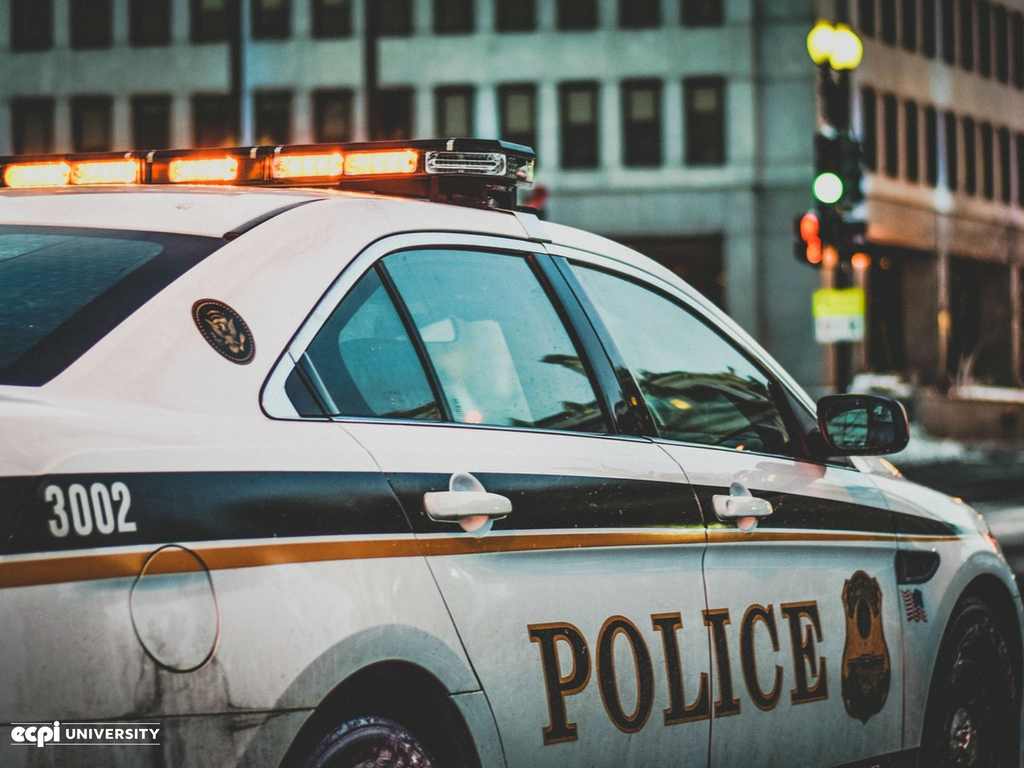What Does a Crime Scene Analyst Do?
With the rise in popularity of shows that depict Crime Scene Analysts (CSA) solving crimes, the job of Crime Scene Analyst, also called Crime Scene Investigator (CSI), or a forensic science technician, has come into the spotlight. While you may have a glamorized version of their job in mind, do you know what they really do? Let’s find out.
Job Duties
Crime scene analysts gather and make sense of data from crime scenes. While it is possible to do this job with only a high school diploma, most specialists in this field have some type of further training or many years of experience in a similar field. So, while certification or degree is not a necessity in every instance, it may give you a better shot at becoming a professional crime scene analyst.
The job of a crime scene analyst (CSA) is to support police detectives, and other law enforcement investigative teams. They are to find, gather, and process evidence. This may include the sketching, photographing, and tagging of evidence, as well as gathering fingerprints.
A CSA technician usually utilizes special equipment such as casting kits, meter testing equipment, latent print kits, and electrostatic dust print lifters. When they collect evidence such as DNA samples and body fluids, a CSA needs to use methods and equipment that have been approved.
The duties of CSA’s and photographic forensics specialists often overlap. For this reason, a CSA may need to employ dark room photo developing skills. A CSA must also be an organized individual who is capable of processing the paperwork involved when evidence is transferred.
A CSA should be able to remain calm and professional no matter what unpleasant tasks are required of them. One such task is that of mandatory autopsy attendance. They must be present to gather evidence and chronicle the corpse.
A CSA will need superior written and verbal skills so that their reports can be used as evidence in court. They may also be called to testify regarding their findings officially. CSAs act as an intermediary between investigators, lab technicians, attorneys, and law enforcement agents.
There are certain physical requirements to be a CSA as well. A CSA has to be able to bend, stoop, fit through tight spaces, stand for extended periods, and lift a moderate amount of weight. They must have both good eyesight and hearing.
Experience, Education, and Certification Requirements
Before starting a job as a CSA, a person will need several years of job experience in law enforcement evidence collection and similar duties. This experience will sometimes stand in place of educational training for certain low-level jobs in the field. As far as education goes, different law enforcement agencies require different levels of education.
Hands-on experience is provided to take the place of a formal degree. Those interested in this fascinating role will generally need to have a bachelor’s or master’s degree in criminalistics or crime scene investigation from an officially recognized university.
The International Association for Identification has a Crime Scene Certification available that is recognized across the U.S. There are several levels of certification, and it must be renewed every five years. There are specific educational courses that must be completed in order to renew certification.
Are you interested in becoming a CSA? If you want to earn a Bachelor of Science in Criminal Justice with a Focus in Crime and Intelligence Analysis, ECPI University offers this degree at an accelerated pace. For more information about this exciting program, connect with a friendly admissions representative today.
It could be the Best Decision You Ever Make!
DISCLAIMER – ECPI University makes no claim, warranty, or guarantee as to actual employability or earning potential to current, past or future students or graduates of any educational program we offer. The ECPI University website is published for informational purposes only. Every effort is made to ensure the accuracy of information contained on the ECPI.edu domain; however, no warranty of accuracy is made. No contractual rights, either expressed or implied, are created by its content.
For more information about ECPI University or any of our programs click here: http://www.ecpi.edu/ or http://ow.ly/Ca1ya.





